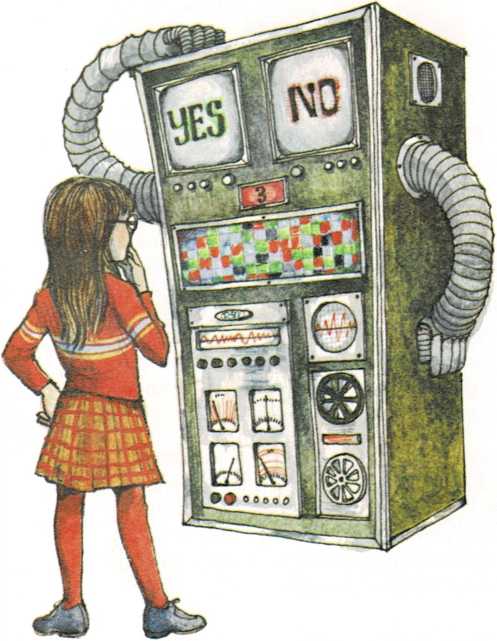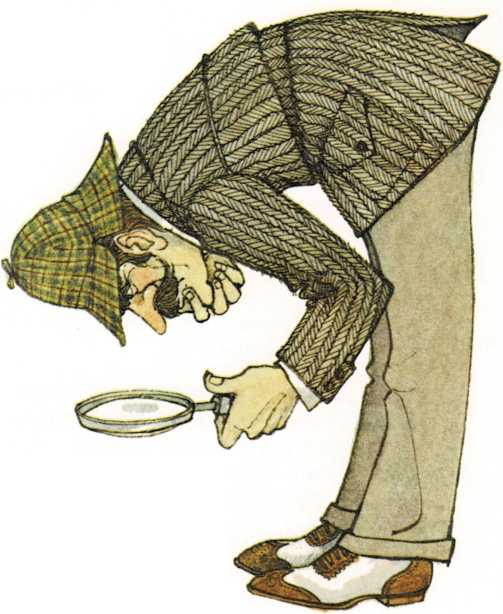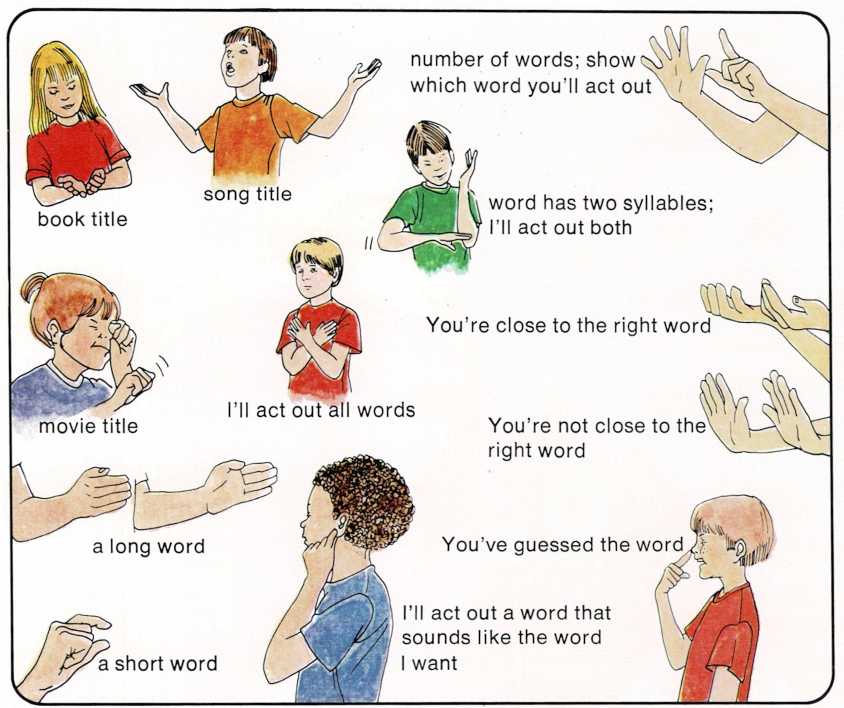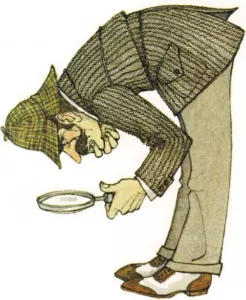Guessing Games
Twenty Questions
(two to twenty players)
One player thinks of a person, a place, or a thing. The other players
try to find out what it is by taking turns to ask up to twenty
questions.
A player can only ask a question that can be answered with “Yes,” “No,”
or “I don’t know.” For example, a player can ask, “Is it biggerthan a
breadbox?” But a player can\’t ask, “How big is it?”
The player who guesses the correct answer before twenty questions are
used up becomes the next player to choose a person, place, or thing.
Otherwise, the first player tells the answer and gets another turn.


Observation
(two or more players)
Before the game, place ten to twenty different things on a table. Cover
them with a cloth. The more things you use, the harder—and more
challenging—the game will be.
The things should be large enough to be seen easily—such as an acorn,
a button, a crayon, a dish, an egg, a fountain pen, a glove, a
harmonica, an ice-cream cone, and a hairbrush.
To start the game, gather the players around the table and remove the
cloth. The players have one minute to observe the items on the table.
Replace the cloth. Hand out pencils and paper. Give the players five
minutes to list things they can remember.
Time’s up! Each one passes his paper to the left. Remove the cloth and
have the players check the list.
Score one point for each correct answer. But take away two points for
any item on a list that\’s not on the table. The player with the highest
score wins the game.
Charades
(four or more players)
Charades is a game in which you act out a word or group of words. This
popular party game is the most fun when it’s played by two teams. Team 1
leaves the room while Team 2 remains. Each team decides on a category,
such as titles of books, songs, or movies.
On a slip of paper, each player writes a title in the category picked.
The slips are folded so the other team can’t see what’s written on them.
The teams come together and the action begins.
A member of Team 1 picks a slip from Team 2. He then acts out the
category and the words written on the slip. The actor must not speak,
but he can shake his head “yes\” or “no” to answer questions and guesses
from teammates. He may act out the words any way he wants to. By using
the standard signs shown in the pictures, a great deal of time can be
saved.

Teammates have five minutes to guess all the words in the title being
acted out. The other team keeps track of the time with an egg timer or
watch.
If they guess the title before time’s up, the team scores a point.
Otherwise, there’s no score and a member of Team 2 draws a slip from
Team 1. This continues until each player gets a chance to act out a
title. The team with the most points is the winner.

